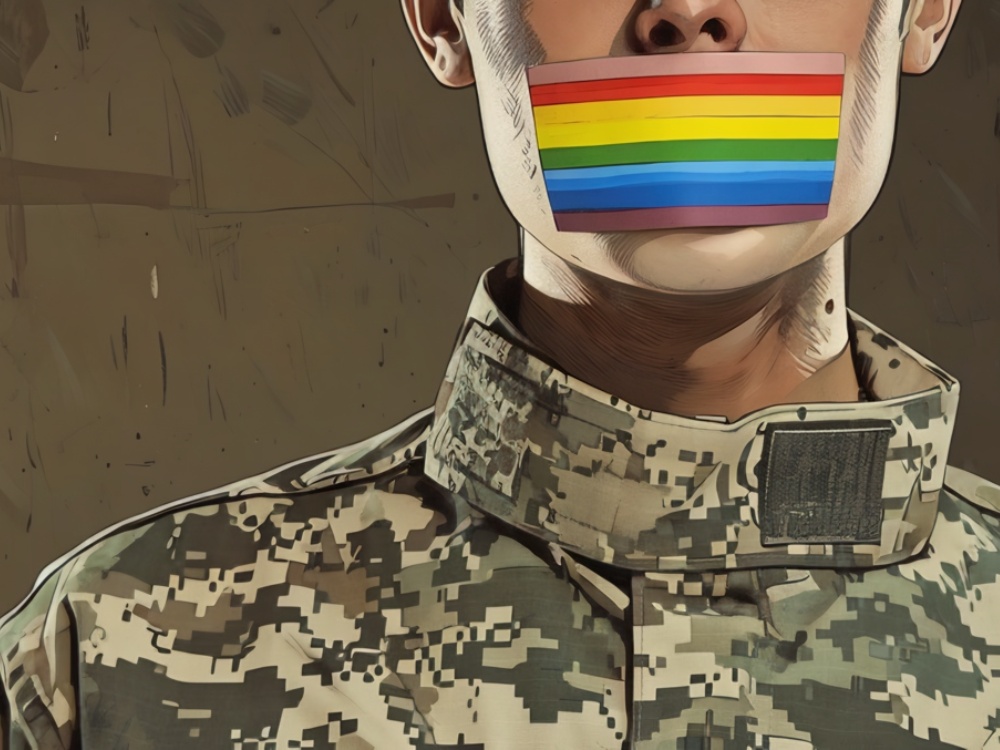The Trump administration has abruptly ended funding for a major HIV vaccine research initiative, a decision that scientists warn could set global progress against the virus back by ten years.
On Friday, 30 May, researchers at Duke University and the Scripps Research Institute—the two leading teams behind the US$258 million Centre for HIV/AIDS Vaccine Development (CHAVD)—were informed by National Institutes of Health (NIH) officials that the program would not be continuing. The move comes despite recent breakthroughs in clinical trials and growing optimism among the scientific community.
A senior NIH official confirmed to The New York Times that the agency had reviewed the program and “does not support it moving forward.” According to CBS News, the Department of Health and Human Services (HHS) has instructed the NIH to cease funding HIV vaccine research in the next fiscal year, with limited exceptions.
“A Terrible Time to Cut It Off”
Researchers have long sought a vaccine to end the global HIV epidemic. Though progress has been slow, recent clinical trials have shown promise.
“This is a terrible time to cut it off,” said immunologist Dennis Burton of Scripps. “We’re beginning to get close. We’re getting good results out of clinical trials.”
John Moore, an HIV researcher at Weill Cornell Medicine, called the decision dangerous and short-sighted: “The HIV pandemic will never be ended without a vaccine, so killing research on one will end up killing people.”
The shift marks a dramatic reversal of course from Trump’s first-term plan to end HIV by 2030. NIH officials said the new direction involves focusing less on vaccine development and more on existing tools to eliminate HIV, such as antiretroviral therapy and PrEP (pre-exposure prophylaxis).
Broader Cuts to HIV Prevention and Treatment
The cancellation follows a broader pattern of cuts to HIV-related programs. In January, the administration issued an executive order pausing all foreign aid for 90 days. Soon after, the United States Agency for International Development (USAID) was shuttered, along with its President’s Emergency Plan for AIDS Relief (PEPFAR), a long-standing initiative that helped provide HIV prevention in low- and middle-income countries.
Although the State Department later clarified that some PrEP medications could still be provided—to pregnant and breastfeeding women—the revised guidelines excluded LGBTQ+ people and other high-risk groups.
The New York Times reported in March that NIH also terminated several grants supporting PrEP, and that the administration is considering shutting down the CDC’s HIV prevention division entirely.
“A Decade-Long Setback”
Emily Hilliard, a spokesperson for HHS, told CBS News that “critical HIV/AIDS programs will continue” under HHS Secretary Robert F. Kennedy Jr.’s newly proposed “Administration for a Healthy America.” However, few details about the new agency have been made public.
Burton stressed that even if future administrations were to reinstate the CHAVD program, the damage may already be done. “This is a setback of probably a decade for HIV vaccine research,” he said.
While some clinical trials based on CHAVD’s research may continue if NIH maintains support for its HIV Vaccine Trial Network, other projects are already being paused. Moderna, the biotech company also working on an HIV vaccine, confirmed that its own clinical trial funding has been halted.
Mitchell Warren, executive director of the HIV prevention group AVAC, cautioned that without the foundational research being conducted at Duke and Scripps, future vaccine development will be severely hindered.
California state Senator Scott Wiener (D) expressed outrage in a social media post: “As they take a wrecking ball to HIV treatment & prevention, they’re now ending the work to create an HIV vaccine… They don’t care if people die.”


































